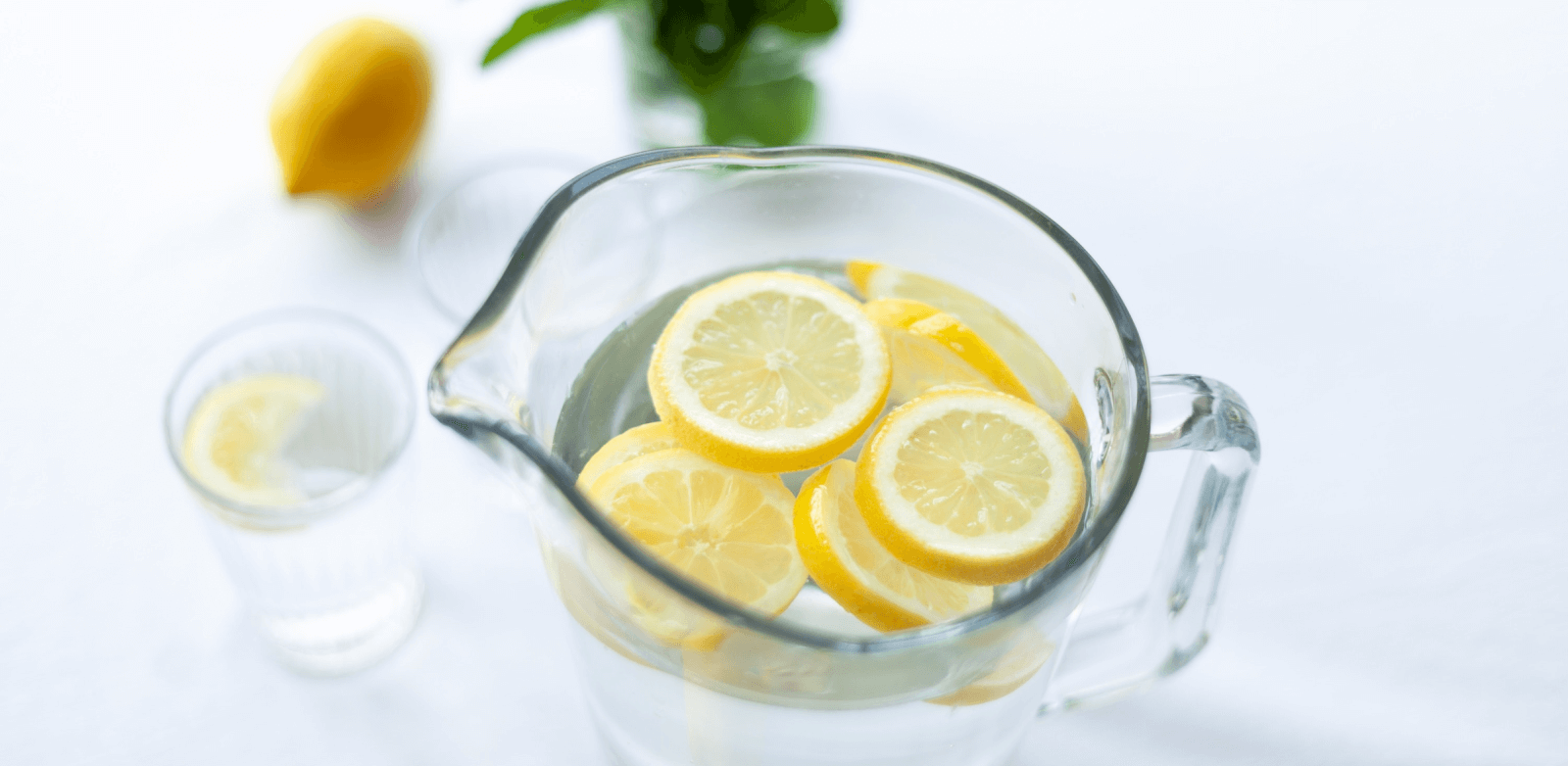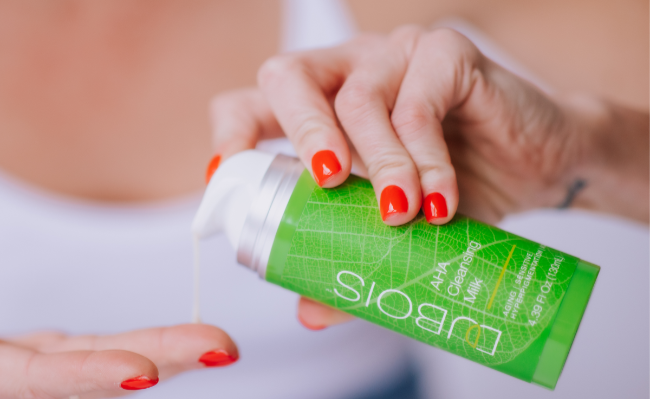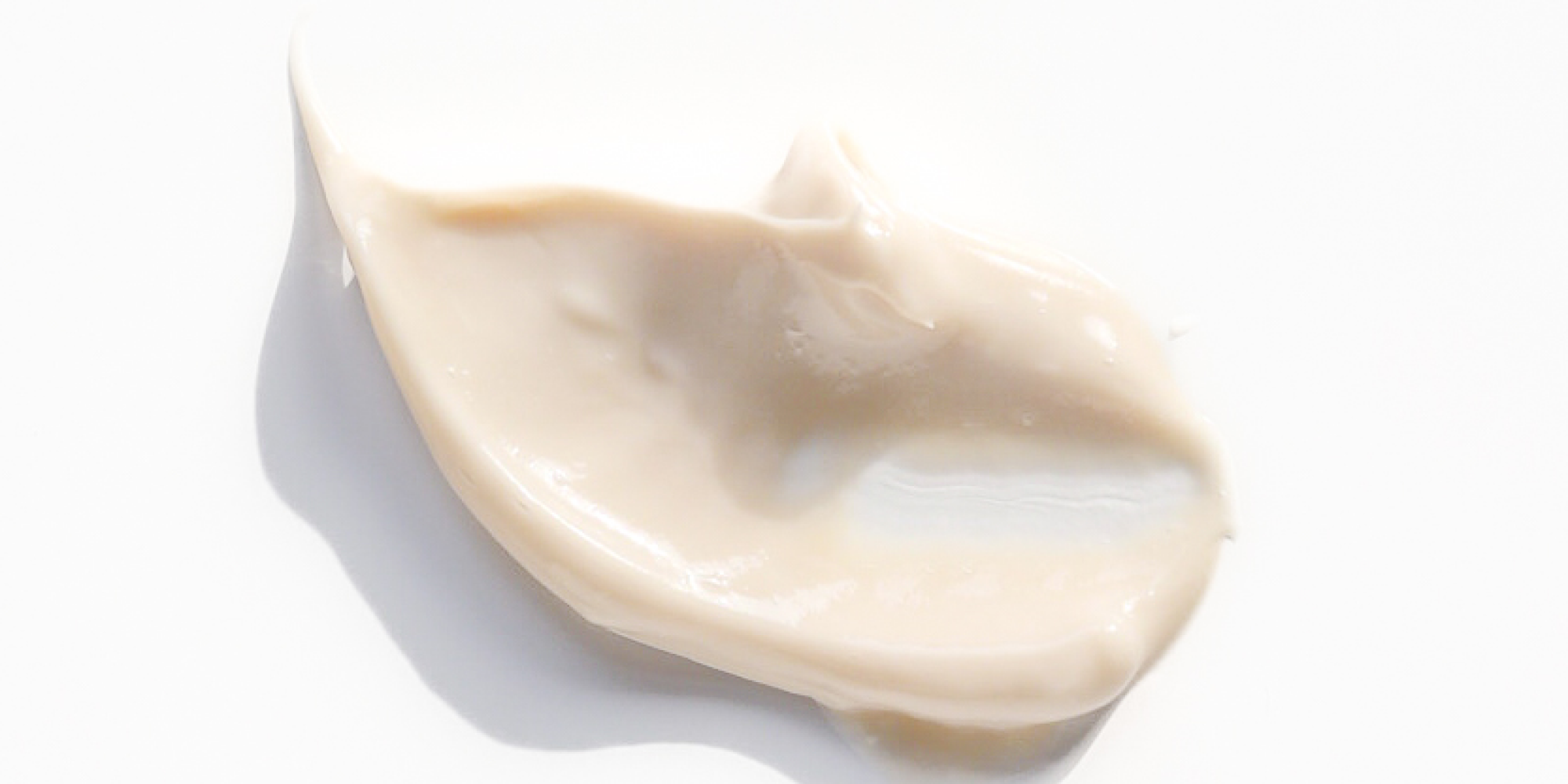
Top Tips for a Healthy Gut
Some of our body’s most important players are found in the gut. In fact, about 80% of the body’s immune system resides in the lining of it, and 70% of our white blood cells are found there. Hippocrates, traditionally regarded as the father of medicine, said that all disease begins in the gut, which is why it’s important that we focus on what we choose to eat.
The Gut and Its Responsibilities

The gut, or gastrointestinal passage, includes the small intestine and large intestine. The small intestine is long and narrow, and averages about 7 meters (23 feet) long. The large intestine is wider in diameter but shorter than the small intestine at about 1.5 meters (5 feet) long.
During the last few years there has been an increased awareness on maintaining good gut health. The gut makes up the largest colonies of microbes in the human body, with the average adult carrying up to 2 kilograms of bacteria. These microorganisms, consisting mostly of bacteria, fungi, viruses, and yeast, form a living fabric of controls that affects our mood, weight, nutrition, and immunity.
These bacteria have several key responsibilities that aid in maintaining our bodies. These include: helping to process food, metabolize bile acids, sterols, and xenobiotics. They also help support digestion, influence gut motility, and fight disease while balancing out hormone levels, vitamin levels, and neurotransmitters.
Lifestyle and Diet

Our lifestyle and diet play major roles in the diversity of our gut; when our gut microbiota is disrupted, our immunity is reduced, making our bodies susceptible to diseases and disorders. Things that can impact our gut health include:
- high sugar intake
- processed foods
- synthetic fats
- antibiotics
- unclean water
- pesticides
- persistent organic pollutants
- heavy metals
- antibacterial soap
- stress and lack of sleep
These factors play a direct role in creating inflammatory skin conditions like acne, rosacea, psoriasis, and eczema, and can contribute to aging and glycation or flares in autoimmune diseases.
How to Improve Your Gut Health
Overwhelmed yet? Don’t be! While this information may make good gut health seem almost impossible to achieve, there are easy changes we can make to positively impact our health. The first step to a healthier gut is eliminating foods that cause inflammation.
Junk food, sugary treats, processed foods and foods that contain artificial sweeteners or refined carbohydrates should be drastically cut from our everyday diet. Additionally, gluten, dairy, and even shellfish (which is high in iodine) can trigger acne, so these foods should also be eaten in moderation. Choosing gluten-free and dairy-free alternatives can help make this lifestyle change easier for you and your family.
Drinking bone broth — a rich liquid made from animal bones (and often herbs, vegetables, and spices) — and/or collagen can help repair our gut lining and flora. Bone broth can also help repair any potential leaking in the lining. Having the right levels of acid in your stomach is important for digestive health as well.
Quick Tips to Add Gut Health Foods

Add gut-health supporting foods to your diet to help boost your skin health and overall wellbeing.
- Remove inflammatory foods like sugar and white flour
- Moderately consume caffeine and alcohol
- Drink 1-2 tablespoons of apple cider vinegar diluted with water 30 minutes before eating to help stimulate digestive enzymes
- Squeeze half a lemon into the water to aid digestive health and reduce inflammation
- Add probiotic foods like yogurt, kombucha, and pickled vegetables help populate good bacteria
- Choose prebiotic foods like cabbage, broccoli, avocado, and sweet potatoes help feed good gut bacteria
These gut-health supporting foods and liquids help improve the functioning of the microbiota while allowing the growth and activity of good bacteria, which lives throughout the gut and keep you healthy. There’s also a beauty benefit: these items can improve the lipid barrier and the skin’s immune system.
It is also possible to do a cleansing diet for three weeks eliminating gluten, eggs, dairy, soy, and sugar. Then slowly reintroduce each food with a few days in between each one. Watch how your body responds and proceed carefully.
See what foods or beverages trigger headaches, bloating, discomfort, stomach aches, or lethargy. When do you feel most balanced, energetic and comfortable? Mindfully eating, and carefully monitoring of your body’s responses can be your best guide. You may even want to keep a daily food journal to notice any patterns.





